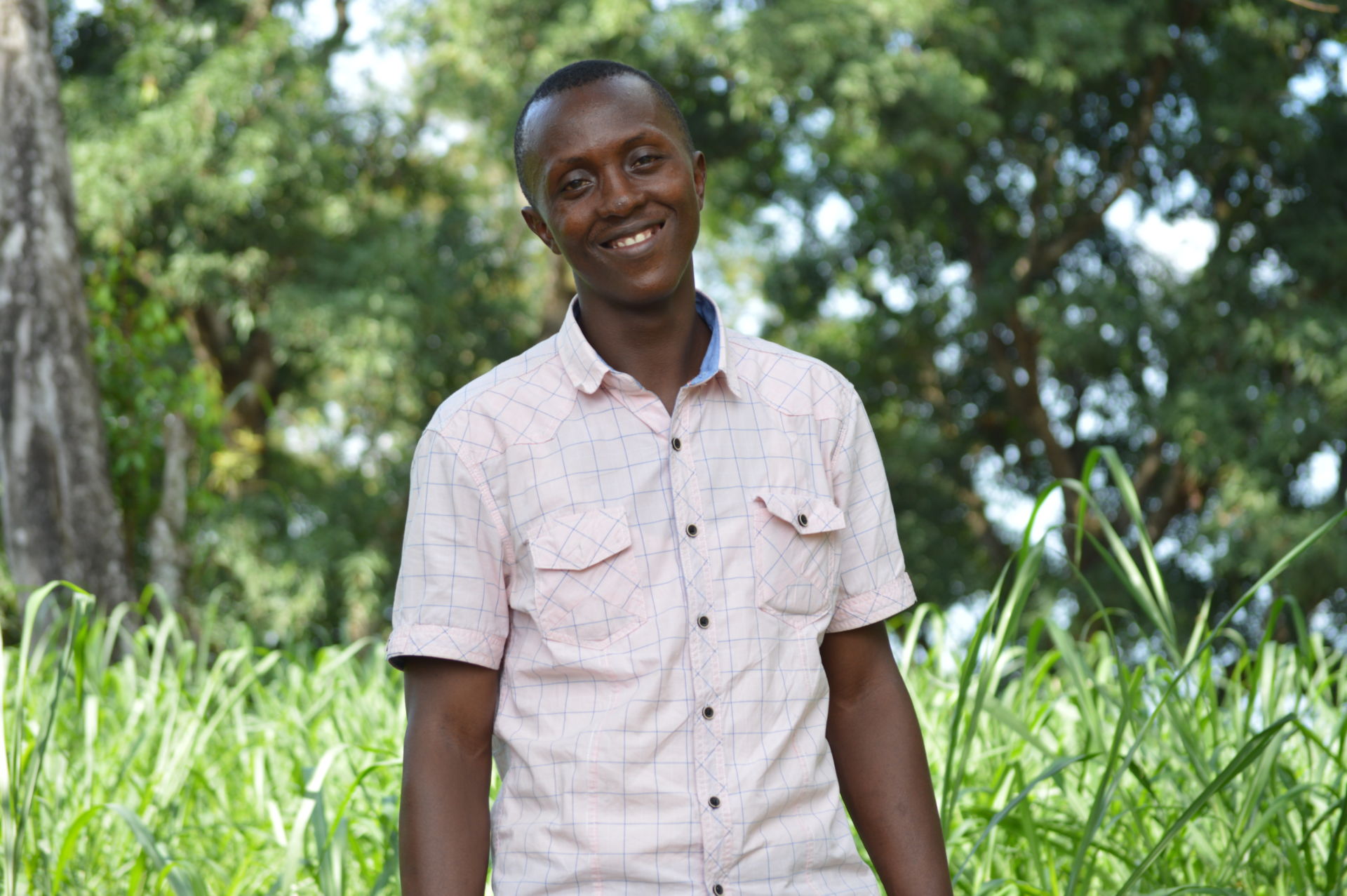Community Health that Works: Insights from Sierra Leone
Posted: September 19, 2016
Because of the support of generous donors, 4,000 people in rural Sierra Leone can now prevent deadly diseases, and over 1,000 women now have hope that their children will live to celebrate their fifth birthdays. This past year, the Kuimei team has been forming partnerships with eight rural communities to set up groups of volunteer community health educators and provide lifesaving health education. Learn about the impact of Curamericas Global’s Kuimei Project firsthand through the eyes of Andrew Kamara (pictured below), Kuimei’s Water, Sanitation & Hygiene (WASH) Officer.

The communities where we work are deprived communities in terms of access to health care and resources. Yes, there have been other nonprofits operating in these areas, but they have not been able to bring long-term change; their impact has not been sustainable.
Curamericas Global’s project has been a success, in part, because it is participatory. We don’t just go and tell them what to do; we listen and guide them in defining their health problems and finding their own solutions. When that happens, their knowledge becomes a tool of empowerment, and this kind of knowledge is not easy to forget. That’s what makes the difference.
Where other nonprofits just go and try to “fix” the community, with Kuimei, the community is involved from the beginning and is invested in the solution. Long-lasting change is about walking alongside and joining forces with the community, not doing the work for them.
For example, during a community visit we found out that there was a young boy who had severe diarrhea. When we arrived, the Care Group Volunteers, who are women in the community, had already engaged the little one and his family. Their first thought was to determine the cause of the diarrhea, looking at where the family gathered the water and the kind of environment that exists at home. Through conversations with his mother and health workers, they determined that the boy’s illness was caused by drinking from a contaminated stream where other community members wash and defecate.
I asked them, “How can we tackle this problem, together, now? How can we restore the health of this boy and prevent others from getting ill?” They then made a plan to treat the boy, first by making and giving him oral rehydration solution, a local, low-cost treatment, and then taking him to the clinic.
As you see, the research, cooperation and solutions are coming from them. When it comes from them, they can easily remember the process, replicate it and put it into practice. If you impose it on them, they forget.

If you are motivated by Curamericas Global’s work in Sierra Leone, you can donate to make sure that we continue to provide healthcare to under-served communities around the world.
Share this Article
Stay Up-To-Date With Curamericas Global
We will not spam, sell or otherwise misuse your information!